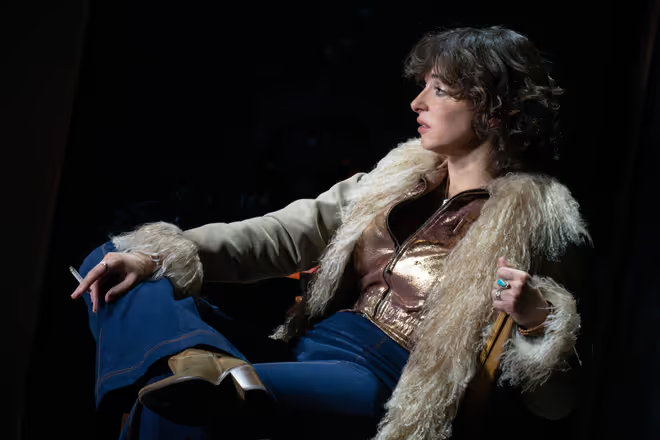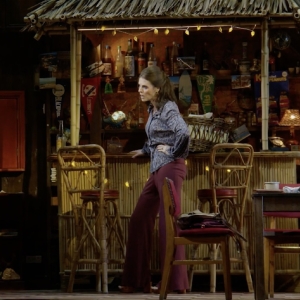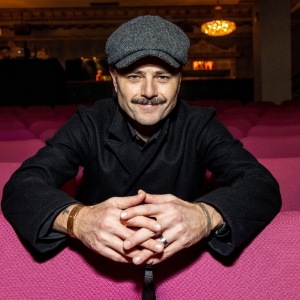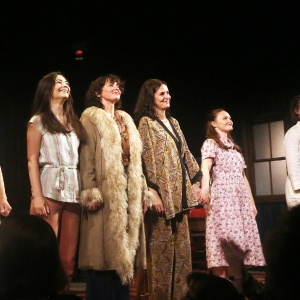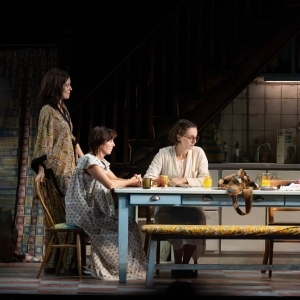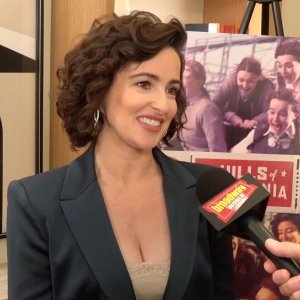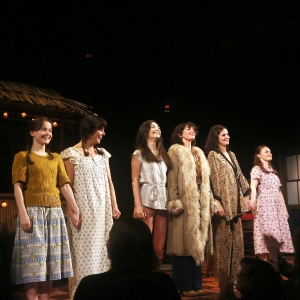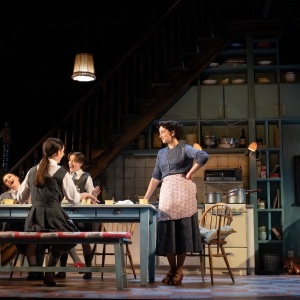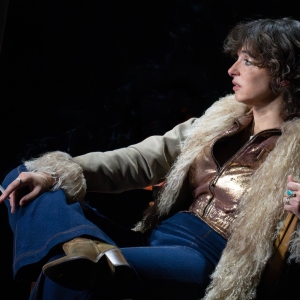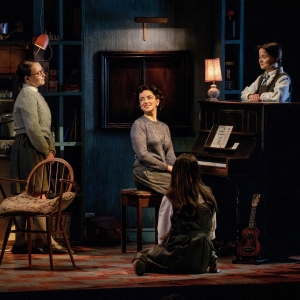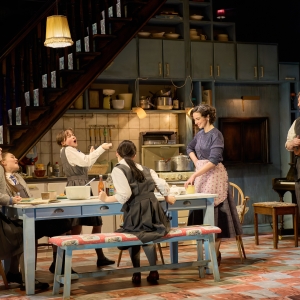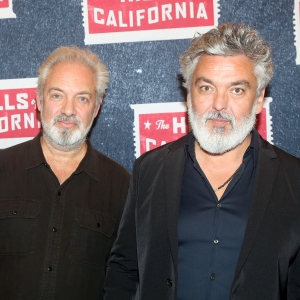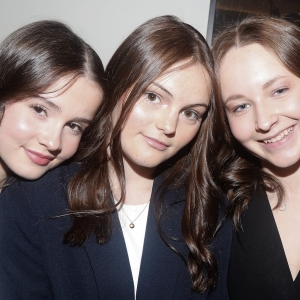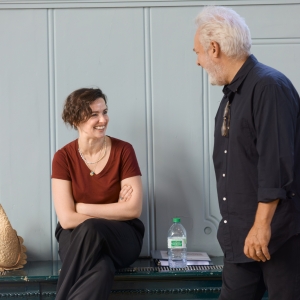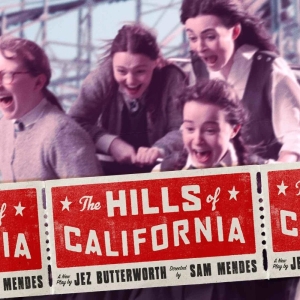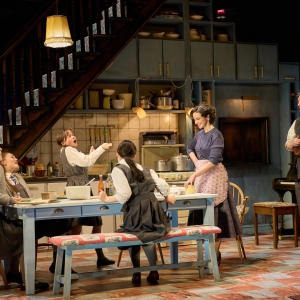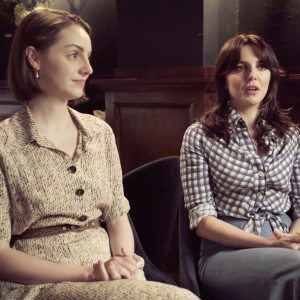The Hills of California
2 hrs and 45 min, including intermission
The Hills of California - 2024 Broadway History , Info & More
Broadhurst Theatre (Broadway)
235 W. 44th St. New York, NY
Following their triumphant production of The Ferryman, Tony®-winning Playwright Jez Butterworth and Oscar and Tony-winning Director Sam Mendes reunite for The Hills of California.
In the sweltering heat of a 1970s summer, the Webb sisters return to their childhood home in Blackpool, an English seaside town, where their mother Veronica lies dying upstairs. Gloria and Ruby now have families of their own. Jill never left. And Joan? No one’s heard from her in twenty years… but Jill insists that their mother’s favorite won’t let them down this time.
The run-down Sea View Guest House is haunted by bittersweet memories of amusement park rides and overdue bills. Back in the 1950s, each night the girls rehearse their singing act, managed by their fiercely loving single mom. But when a record producer offers a shot at fame and a chance to escape, it will cost them all dearly.
The Hills of California - 2024 - Broadway Cast
FEATURED REVIEWS FOR The Hills of California
The Hills of California
8 / 10
While this dysfunctional family drama slides by surprisingly smoothly over its 2 ¾ hours running time, thanks to his colorful writing, the superb work of an ensemble cast, and the seamless direction of the great Sam Mendes, it’s only on your train or taxi ride home that it will hit you just how overlong, overpopulated and undernourished the work really is. It’s ultimately little more than a worthy imitation of something Tennessee Williams or Edward Albee might have written in their prime, and not a play as sui generis as Butterworth’s “The Ferryman” or “Jerusalem.”
'The Hills of California' review — a moving study of family grief
7 / 10
The three-act play is 2 hours and 45 minutes long, and the plot lingers too long on tenterhooks for Joan, the estranged sister who has been away from Seaview for over two decades, to return and say her goodbyes. While the unraveling of the mystery surrounding Joan is a real gut punch, Butterworth spends more time anticipating a death than uncovering a family secret.
The Hills of California History
Other Productions of The Hills of California
| 2024 | West End |
West End |
| 2024 | Broadway |
Original Broadway Production Broadway |
The Hills of California - 2024 Broadway Awards and Nominations
| Year | Ceremony | Category | Nominee |
|---|---|---|---|
| 2025 | Drama Desk Awards | Outstanding Lead Performance in a Play | Laura Donnelly |
| 2025 | Drama Desk Awards | Outstanding Scenic Design of a Play | Rob Howell |
| 2025 | Outer Critics Circle Awards | Outstanding Costume Design | Rob Howell |
| 2025 | Outer Critics Circle Awards | Outstanding Direction of a Play | Sam Mendes |
| 2025 | Outer Critics Circle Awards | Outstanding Lead Performer in a Broadway Play | Laura Donnelly |
| 2025 | Outer Critics Circle Awards | Outstanding Lighting Design | Natasha Chivers |
| 2025 | Outer Critics Circle Awards | Outstanding New Broadway Play | The Hills of California |
| 2025 | Outer Critics Circle Awards | Outstanding Scenic Design | Rob Howell |
| 2025 | Tony Awards | Best Costume Design of a Play | Rob Howell |
| 2025 | Tony Awards | Best Direction of a Play | Sam Mendes |
| 2025 | Tony Awards | Best Lighting Design of a Play | Natasha Chivers |
| 2025 | Tony Awards | Best Performance by an Actress in a Leading Role in a Play | Laura Donnelly |
| 2025 | Tony Awards | Best Scenic Design of a Play | Rob Howell |
| 2025 | Tony Awards | Best Sound Design of a Play | Nick Powell |
Videos






